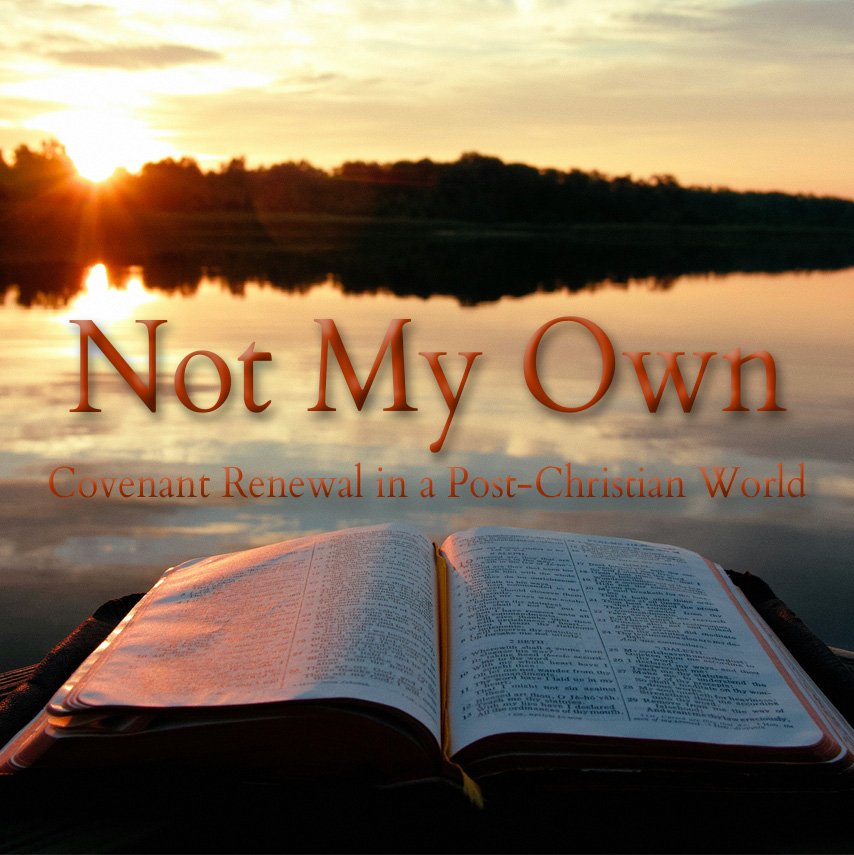The Importance of Marginalized Bodies
Signs & Wonders: Part 3
February 9, 2026
While Jesus was speaking to them, a ruler came and knelt in front of him, saying, “My daughter has just died. But come and place your hand on her, and she’ll live.” So, Jesus and his disciples got up and went with him. Then a woman who had been bleeding for twelve years came up behind Jesus and touched the hem of his clothes. She thought, If I only touch his robe I’ll be healed.
When Jesus turned and saw her, he said, “Be encouraged, daughter. Your faith has healed you.” And the woman was healed from that time on.
~ Matthew 9:18-22
_______________
Other gospel accounts offer parallel versions of this story and layers of detail about the people involved. Matthew, however, keeps it simple. Jesus is asked to come and offer his healing touch in a place of death, and along the way, another woman was healed when she reaches out in faith to touch his robe.
Sometimes that simplicity itself has something to teach us.
We can talk for hours about the mechanics of what happened, from ritual purity to social boundaries to delays and timing, or even how Jesus noticed a single touch in the middle of a crowd. Luke tells us the girl actually dies while Jesus is delayed, raising questions about whether he stopped too long or whether it was already too late, as the messengers believed.
But Matthew doesn’t linger there. And maybe that’s just as well. Because the more we try to explain a miracle, the less miraculous it becomes. The more we try to justify Jesus’ actions or the worthiness of those he heals, the more we miss what actually matters.
Jesus is not out healing people that day. When the ruler and the woman come to him, he has just called a tax collector to be one of his disciples and is now explaining how God is doing something new, something that requires a different way of seeing.
Rather than giving us details about these healings,Matthew simply tells us that two individuals bring their need to Jesus and he responds with compassion. That’s it.
A dead girl.
A desperate woman beyond help that medicine could offer.
Two people everyone else had given up on. One dead. One might as well have been. There was simply nothing left to be done.
But the girl’s father doesn’t give up. And neither does the woman. They bring their need to Jesus even when no one else would listen. And without hesitation, Jesus responds.
It makes me wonder who we might assume is beyond help. What voices have we stopped listening too. Or are there perhaps times we ourselves feel so far beyond help that we don’t even bother asking anymore.
Jesus sees.
Jesus hears.
Jesus responds.
And perhaps he’s calling us to do the same.
Who have we decided is beyond help or outside our concern?
Where have you stopped asking because you feel it’s too late?





